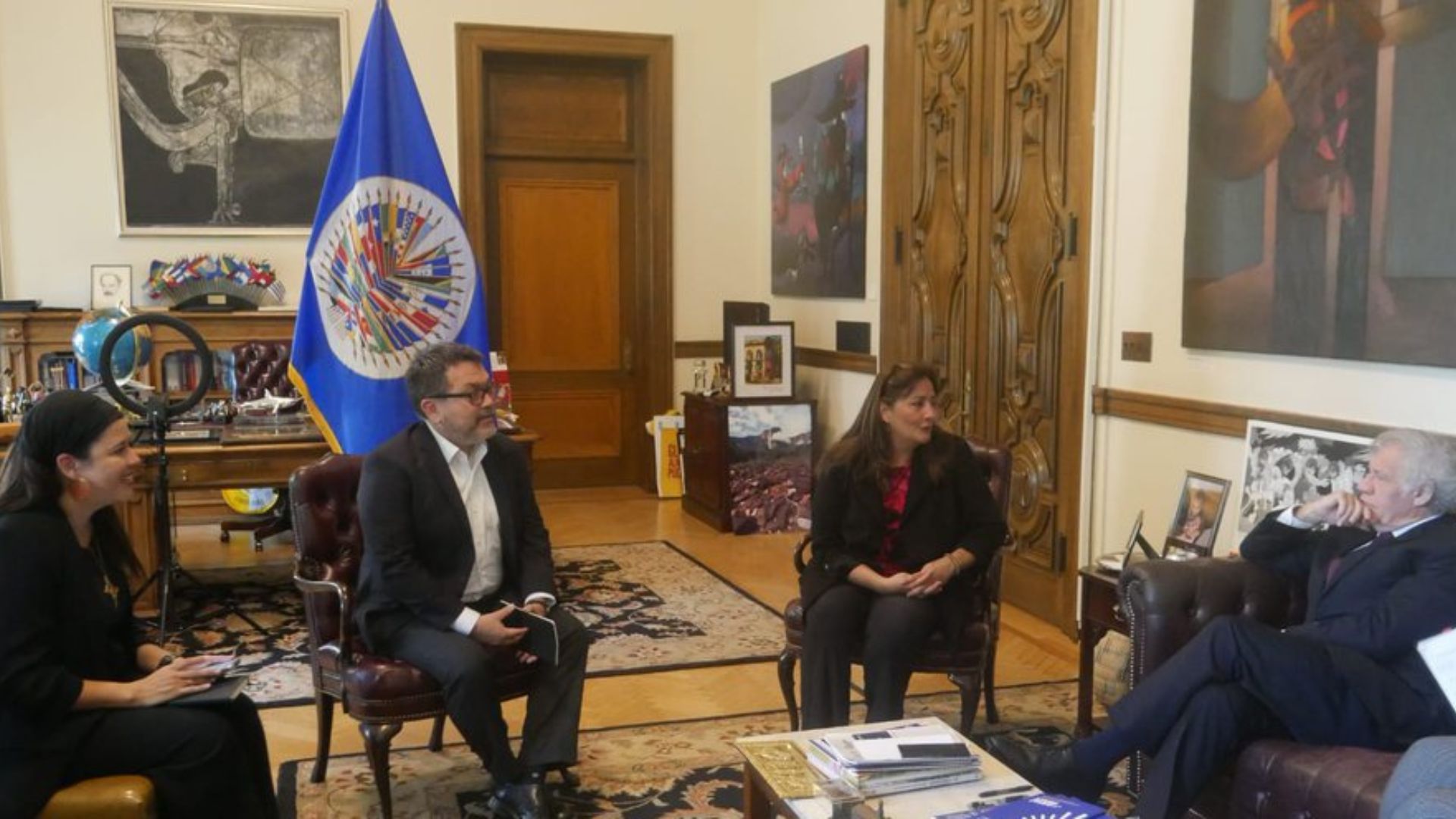R. Aida Hernandez Castillo*
L
to General Assembly of the United Nations declared in 2010, August 30 as the International Day of the Victims of Enforced Disappearances. Like many of the commemorations around human rights issues, more than a concession by the states, this decision was made in response to the demand made since 1981 by the Latin American Federation of Associations of Relatives of Disappeared Detainees (Fedefam), who chose that date because it was the day on which the International Convention against Enforced Disappearances was approved.
In Mexico, the country of graves, there are more than 100,000 missing persons, of which 97 percent disappeared from 2006 to date, in the framework of the so-called war against drugs. Disappearances that have taken place in contexts of militarization, complicity between security forces and organized crime, and impunity made possible by the justice and security systems. Only 35 perpetrators have been arrested and sentenced, that is, there is 99.96 percent impunity in cases of disappearance. In this sense, the families argue that all disappearances are forced, because the State has direct or indirect responsibility for them.
Faced with the inability of state institutions, relatives of the disappeared (most of whom are women) have not only become forensic specialists, criminologists, and field investigators, but have also appropriated art as a language of denunciation, protest, and healing. They have become poets, photographers, performers, embroiderers, painters, dancers… Telling with their lyrics, their images and their very bodies, the stories of their loved ones. This August 30 throughout the length and breadth of the country, family groups have mobilized using art as activism, artivism is their future loaded gun
as the poet Gabriel Celaya would say.
This is the case of the group Regresando a Casa Morelos, which in its exhibition Until we find them: images and texts of searches and resistance (https://www.facebook.com/regresandoacasamorelos) includes the poems written by its members, in which they denounce the continued torture that is the disappearance of people and demand the right to self-representation. As one of her poems says, Esperanza Sánchez, who is looking for her son Emilio Zavala, who disappeared in Chacahua, Oaxaca, on April 21, 2020: We are forgers of paths, we are healers of memories, without fear and without punishment. Nobody controls us, nobody limits us, we are the authors of our own books.
The texts and images of this exhibition will be part of her book in progress, Healing memories, where they join those of released women and members of the indigenous community of Ocotepec, who have suffered violence. A new generation of supportive artivists, like the photographer Cecilia Lobato, whose images will illustrate the book, have decided to put their talent at the service of these struggles. Part of this generation is also Carolina Corral and Magui Rocha, who will present the animated documentary It Rains, which denounces the complicity of prosecutors and forensic institutions in disappearances (https://bit.ly/3Kt7mI3).
We hope that this artivism moves our consciences and removes Mexican society from indifference and the complicity of silence.
* Doctor in anthropology, researcher at Ciesas








